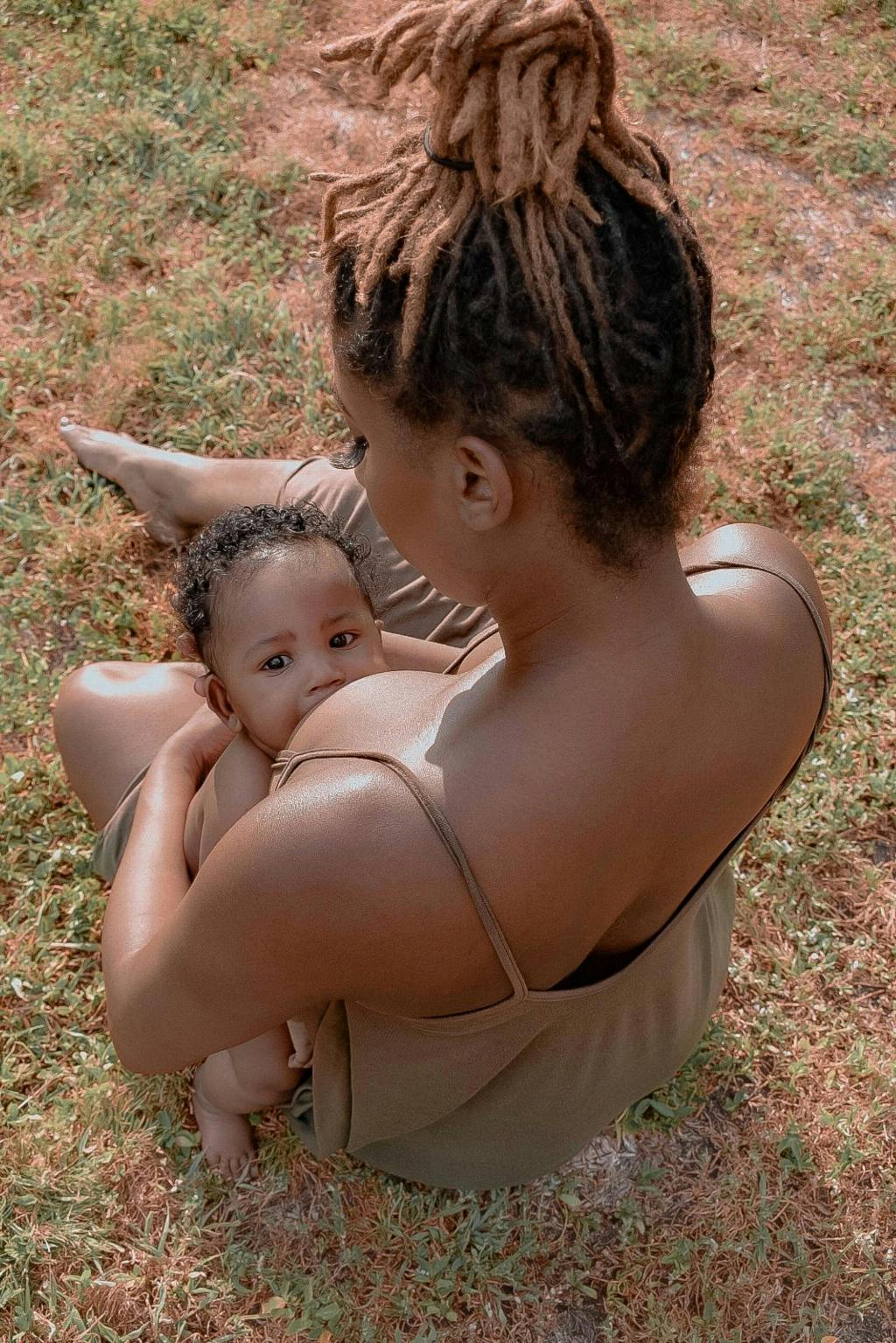Experiencing a crying baby after feeding can be a distressing situation for parents. Understanding why your baby is crying and knowing how to remedy the situation is crucial for ensuring their comfort and well-being. In this article, we will delve into the common reasons why babies cry after feeding and provide practical tips on how to soothe and comfort your little one.
Understanding Possible Reasons for Baby’s Crying After Feeding
There are various factors that could contribute to your baby’s crying episodes post-feeding. It is essential to consider these potential reasons:
- Hunger: Ensure that your baby is adequately fed and not still hungry after a feeding session.
- Gas or Colic: Digestive issues such as trapped gas or colic can lead to discomfort and crying.
- Reflux: Acid reflux in infants can cause pain and irritability after feeding.
- Discomfort: Your baby may be uncomfortable due to wet diapers, clothing that is too tight, or environmental factors.
Tips for Soothing a Crying Baby After Feeding
To help calm your baby after feeding, consider the following tips:
- Burping Techniques: Gently burp your baby to release any trapped air that may be causing discomfort.
- Comforting Positions: Hold your baby in positions that promote comfort and relaxation, such as upright or on their side.
- Offering Additional Feeding: If your baby seems hungry despite a recent feeding, consider offering a little more milk.
- Checking for Physical Discomfort: Ensure that there are no physical issues like tight clothing or soiled diapers contributing to your baby’s distress.
Consulting a Healthcare Provider for Persistent Crying After Feeding
If your baby continues to cry inconsolably after feeding or if you notice any concerning symptoms, it is advisable to seek guidance from a healthcare professional. A pediatrician can assess your baby’s health and provide further recommendations based on their specific needs.
Conclusion: Ensuring Baby’s Comfort and Health After Feeding
Managing a crying baby after feeding requires patience, attentiveness, and a good understanding of potential reasons behind their distress. By implementing the tips mentioned in this article and seeking appropriate medical advice when necessary, you can help ensure that your baby is comfortable, happy, and healthy after feeding.

